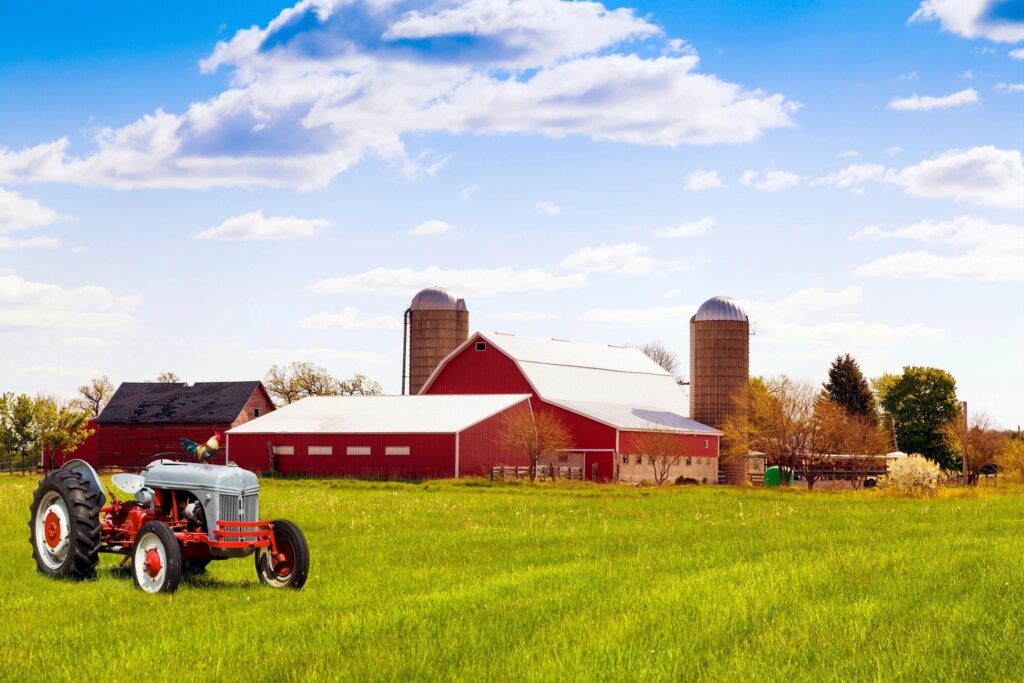
ATLANTA – Legislation prohibiting local governments in Georgia from regulating poultry plant processing waste narrowly passed the state House of Representatives Monday.
The House voted 92-69 to pass Senate Bill 260, just one more than the minimum of 91 votes needed to approve bills in the 180-member legislative chamber. The state Senate passed the measure 39-15 earlier this month.
The bill is a follow-up to legislation the General Assembly passed last year setting rules and regulations for the spreading of poultry plant processing waste on farm fields and imposing penalties on violators, Rep. Robert Dickey, R-Musella, chairman of the House Agriculture & Consumer Affairs Committee, said on the House floor Monday.
“We have some bad actors,” he said.
The bill requires a buffer of at least 100 feet, the widest in state law, Dickey said.
But opponents said residents in several counties in northeastern Georgia who live near waste impoundments have complained about foul odors emanating from them. They specifically cited problems in Oglethorpe, Wilkes and Elbert counties.
“This is supposed to be liquid,” said Rep. Mary Frances Williams, D-Marietta. “[But] sometimes, they include poultry byproducts like chicken carcasses and offal.”
Williams said the 100-foot buffer in the bill is about equal to six to eight car lengths.
“How would you feel about having this kind of smell six to eight car lengths from your front door?” she asked her House colleagues. “The smell is awful. It’s been a problem people have complained bitterly about.”
Rep. Rebecca Mitchell, D-Snellville, objected to the state prohibiting local governments from regulating the wastes.
“We should trust our local agricultural communities to make responsible decisions for their residents,” she said.
House Republicans came to the bill’s defense.
Rep. Steven Meeks, R-Screven, said the state Environmental Protection has been proactive in shutting down violators of the regulations
Rep. Sam Watson, R-Moultrie, chairman of the House Rural Caucus, said farmers need poultry plant waste as an alternative to commercial fertilizer, which has almost doubled in price recently.
“This bill will help our poultry industry, which is vital to this state,” Dickey said.
Because of changes Dickey’s committee made to the bill, it must now return to the Senate before gaining final passage.
